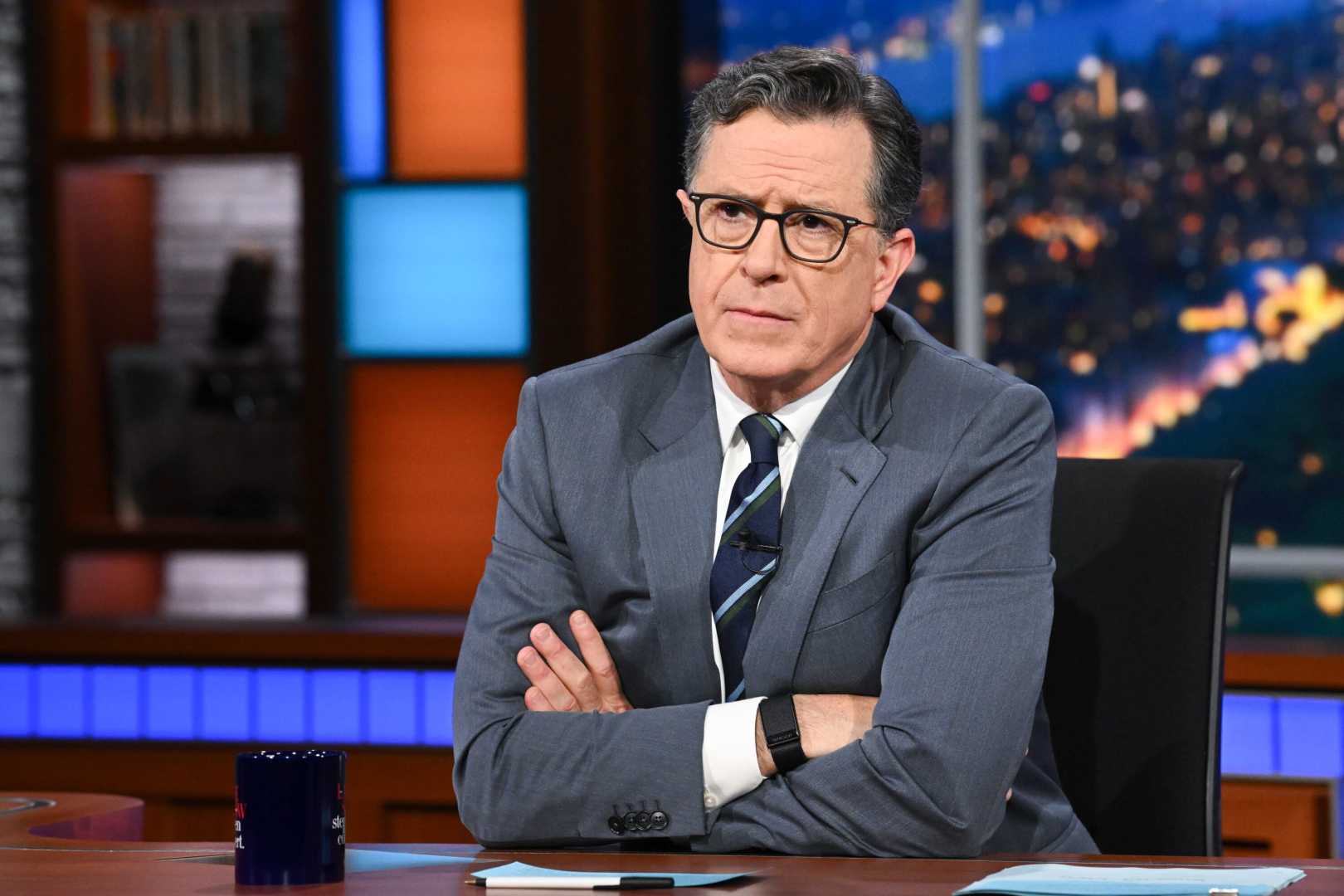Entertainment
The Late Show with Stephen Colbert Canceled Amid Industry Changes

New York, NY – The Paramount Skydance Corporation has announced the cancellation of The Late Show with Stephen Colbert, which has been a staple of late-night television since 2015.
Jess Shell, president of Paramount Skydance, stated that the show’s cancellation reflects a larger trend affecting late-night television. “Late-night has a huge problem right now,” Shell said. He noted that over 80% of viewership is now on platforms like YouTube, where monetization is limited. “With YouTube paying 45 cents on the dollar, you can’t make it work economically anymore,” he added.
The late-night television landscape has changed dramatically over the past decade, as streaming services have gained popularity and viewers increasingly turn to digital platforms for content. Late-night shows like The Jim Jefferies Show and Full Frontal with Samantha Bee have come and gone, struggling to compete with the abundance of content available online.
Many late-night shows, including Colbert’s, share their episodes on YouTube in shorter segments. This allows audiences to consume specific segments without committing to an entire episode. For example, Late Night With Seth Meyers has found success by posting its popular segment “A Closer Look” online hours before the TV airing.
Despite the show’s challenges, the timing of its cancellation raised eyebrows. Following a lawsuit settlement involving President Trump, which CBS deemed “completely without merit,” Colbert publicly criticized the settlement on his show. He suggested that it was an effort by Paramount to gain favor with the President for an FCC merger approval.
Shortly after Colbert’s critique, the cancellation decision was made. While Paramount reported losses of $40 million annually for The Late Show, many were surprised by the lack of efforts to rescue the long-running program.
As Colbert wraps up his final months on air, the future of late-night television remains uncertain. The industry faces immense pressure to adapt to shifting audience preferences and the dominance of online platforms. Colbert’s departure marks the end of a significant chapter in television history.












